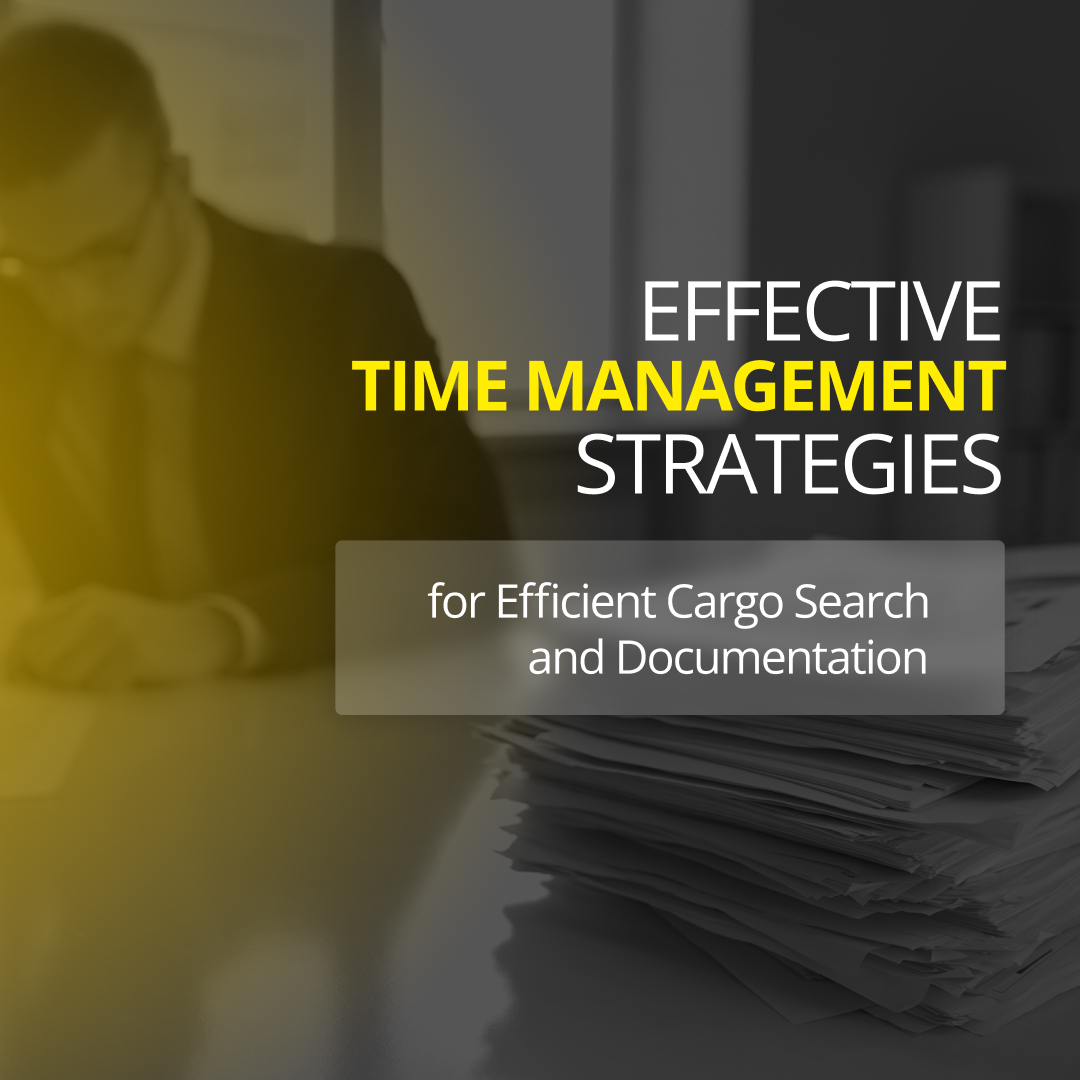Introduction: Efficient billing processes are vital in the realm of freight transportation. As the logistics industry grows and becomes more complex, optimizing billing procedures is essential for accurate financial management, improved customer relationships, and overall operational excellence. This article delves into the various strategies and technologies that can be employed to streamline billing processes in the freight transportation sector.
Challenges in Billing within Freight Transportation: The billing process in freight transportation often faces challenges due to the intricate nature of cargo movement, varying rates, and diverse service offerings. Manual data entry, data discrepancies, and delayed invoicing can lead to financial losses and strained customer relations. To address these challenges, companies are turning to advanced technological solutions.
Automation and Digitization: Automation plays a pivotal role in optimizing billing procedures. Implementing transportation management systems (TMS) or enterprise resource planning (ERP) systems can enable seamless integration of various data sources, automating data entry, rate calculations, and invoice generation. This not only reduces the chances of human errors but also accelerates the billing cycle, leading to faster revenue realization.
Rate Management Solutions: The dynamic nature of freight rates requires efficient rate management. Rate management software can assist in maintaining an up-to-date database of rates for different routes, carriers, and services. With real-time access to standardized rates, billing accuracy improves, and discrepancies are minimized. This ensures that customers are charged correctly and transparently, enhancing trust.
Electronic Data Interchange (EDI): EDI facilitates electronic communication between different stakeholders in the transportation process. By integrating EDI into the billing process, key documents such as bills of lading and proof of delivery can be electronically exchanged between carriers, shippers, and consignees. This reduces paperwork, minimizes delays, and enhances accuracy, leading to quicker invoicing.
Data Analytics for Optimization: Utilizing data analytics can provide insights into billing patterns, payment histories, and customer preferences. By analyzing this data, transportation companies can optimize pricing strategies, identify potential bottlenecks in the billing process, and tailor their services to meet customer demands more effectively.
Customer Self-Service Portals: Empowering customers with self-service portals gives them the ability to access their billing and shipment information directly. This not only reduces the workload on customer service teams but also enhances customer satisfaction by providing real-time visibility into invoices, payments, and shipping details.
Efficient billing processes are indispensable in the world of freight transportation. With the increasing complexity of logistics operations, adopting strategies such as automation, digitization, rate management solutions, EDI, data analytics, and customer self-service portals can revolutionize the way billing is handled. By optimizing the billing process, transportation companies can boost their financial accuracy, foster better customer relationships, and position themselves for continued success in a competitive industry.

 +1 773 649 1774
+1 773 649 1774


